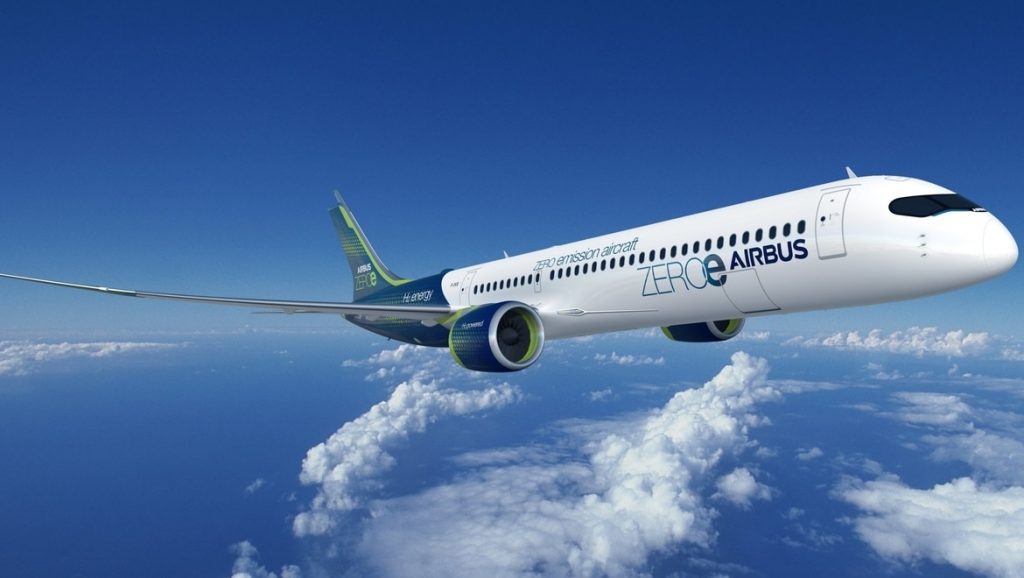
Australian-owned Aviation H2 has opened up to investors to garner funding for studying the development of a hydrogen-fueled aircraft, with hopes the first jet will be in the sky in 18 months.
The company is seeking $300,000 in an initial capital raise through trading platform VCEX and expects a “quick uptake” from major players in the industry, according to a press release.
“Taking inspiration from my colleagues, it is time to start on the road to decarbonising aviation, and there is nothing that cannot be done with a relevant dose of thought and attention,” said lead engineer and company director Dr Helmut Mayer.
Aviation H2’s goal is to develop the first homegrown hydrogen powered aircraft to reduce global CO2 emissions and believes Australia can spearhead it.
Engineers at the company are comparing design approaches based on reliability, environmental impact, efficiency and weight.
Once initial testing is completed in March, the team will present their most commercially viable model to then build a prototype, according to the company.
It comes as many airlines are progressing towards operating more sustainably, whether it is through hydrogen powered aircraft, or using sustainable aviation fuel (SAF).
Aviation H2 will focus on two solutions of converting traditional aircraft into renewable models including testing hydrogen fuel cell electric motors and modifying a direct combustion engine.
“We have commenced our journey by evaluating all of the existing technologies available to us and taking a close look at the uncertainties and what risks and opportunities these present,” Dr Mayer said.
“This will give us sound information for making decisions into the next phase of the project.”
It comes only months after Air New Zealand and Airbus inked a deal in September to research hydrogen-fuelled aircraft together, as part of reaching net zero emissions.
This followed Air New Zealand’s commitment to operate a fully electric aircraft fleet by 2030.
Airbus’ mission is to develop the world’s first zero-emission commercial aircraft by 2035 through hydrogen propulsion.
The company’s ZEROe campaign is looking at three concepts for the aircraft, including turboprop, turbofan and blended wing options.
Airbus believes the cost of hydrogen is expected to significantly decline in the next decade as production scales up.
While SAF has been the more popular route for the aviation industry, it’s believed hydrogen could dually reduce emissions and eliminate nitrous oxide and contrails – condensation trails left behind jet engines.
Aviation H2 plans on capitalising on the industry which is expected to reach US$174.02 billion by 2040.
“Australian innovators pioneering the industry is what will create an internationally competitive sector within the country,” the company said.















